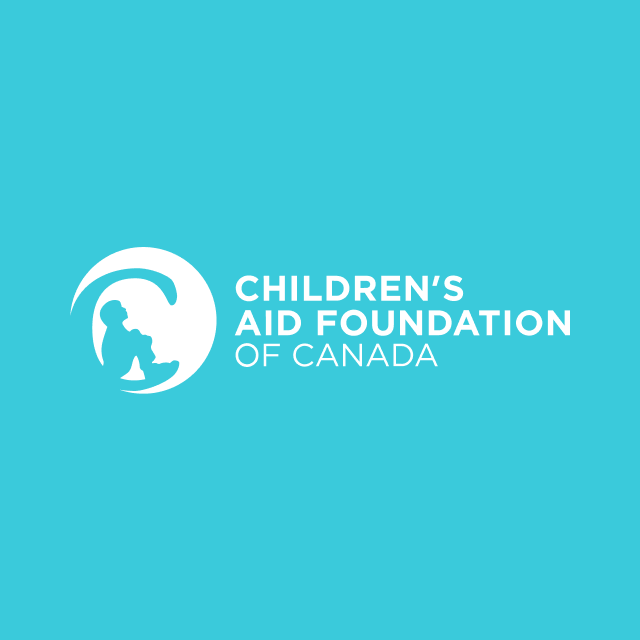When children come into the care of the child welfare system, they may experience being placed into a foster or group home. When possible, it is preferred to provide support to help strengthen families in order to keep children at home and in their communities. In instances where children are unable to live at home with their parents due to concerns about their well-being, kinship care, a child welfare model of care in which a child is placed with other members of their kin (family), is one way to keep kids close to home. This can be informal while the parents seek assistance or formal when legal guardianship is given to the kin caregiver.
Overall, children who live in kinship care demonstrate significantly more positive overall adjustment, greater permanence and stability, and higher rates of reunification with their parents compared to children placed in foster care. They also experience better behavioral development, mental health functioning, and family stability. Additionally,
kin caregivers are more likely to assume legal guardianship, helping to build permanency for the child and provide
essential ethnic identity development and racial socialization skills for the child.
Children’s Aid Foundation of Canada’s Kin Care Support Program, funded by Intact Financial Corporation, is
committed to expanding this model of care by providing funding for much-needed supports that are essential to the
healthy upbringing of a child.
In 2019-2020, 112 children and families were supported with access to critical needs like cribs and strollers, medical prescriptions, and tutoring.
This program, offered in Toronto, ON and delivered by Children’s Aid Society of Toronto, was created to meet personal, educational, and medical needs and enhance the lives of kids involved in kin care relationships and families
that do not have the financial resources to fully support the needs of the child(ren). In a program survey, 94% of kinship families stated that having access to this Fund lowered their financial strain and stress.
Over the last few years, the number of children and youth being cared for by kin instead of being placed in foster care has increased.
So has our awareness of its benefits and our commitment to strengthening families and the success of this care
method in keeping children in their communities and connected with their families.
Story of Impact:
Meet PETER*
PETER* came into care at the age of 10. He was living with his father, but the home had very poor living conditions.
In addition, PETER deals with a learning disability, asthma, and a genetic disorder called Bannayan-Ruvalcaba-Riley Syndrome, a condition characterized by a large head size (macrocephaly), multiple noncancerous tumors and tumor like growths.
When PETER’s father passed away, PETER was placed in the care of his grandmother, and moved in to live with her. PETER’s grandmother needed to accommodate space for PETER and her two other children, and was able to obtain larger housing with the help of the Children’s Aid Society.
PETER’s grandmother is the sole financial provider for her children and grandchildren. She was working part time prior to PETER coming into her care, but her hours were reduced. She is currently on ODSP (Ontario Disability Support Program) and no longer has anything to supplement her income since she began to care for PETER.
With nowhere else to turn, PETER’s grandmother applied for financial support from the Children’s Aid Foundation of Canada’s through the Kin Care Support Program, and was granted funding to purchase new clothing, towels, linens, and a mattress protector for PETER. She is filled with gratitude for the Kin Care Support Fund and the donors who made it possible to help her care for her grandchild.
*Name and visual identity protected.




